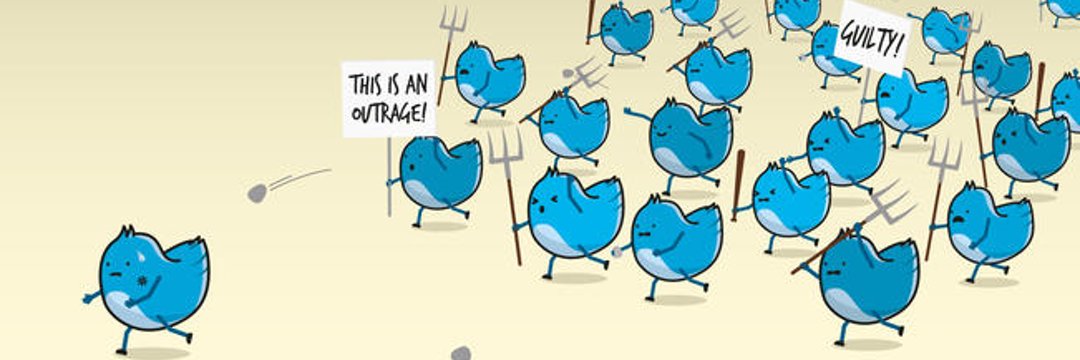I have a friend who, like me, posts some of what he has been thinking about to his website and email program every Friday. Unlike me, a lot of people read what he says. My friend’s thoughts are must-read for me every Friday.
This past Friday my friend used an article he had recently read to launch into his own reflections on the same subject from his own experience and to which his own experience was particularly relevant. I guess you could say that his topic was pandering, though my friend did not use the word and it can sound harsh. Let me explain. Acknowledging the widely accepted fact that many evangelical Christians leaders have worked to curry favor with and gain influence among — pandered to — those on the political right and its ascendant nationalism, the original article looked also at a smaller number of evangelicals who seem to pander to the cultural left with its dominance of the media and the arts.
My friend, who knows about such things, wrote of the thrill of being mentioned, quoted, or, best yet, published by the New York Times or the Atlantic magazine. There is a certain delight in the approval of the right people even if we disagree with the right people on many important issues.
My initial reaction to my friend’s post was, “Yes, me too.” I like to be liked and no more so than by people who appear to be smart, informed, and sophisticated. The white wine and season tickets to the symphony crowd. The elites. It’s gotten me into trouble. The first of the two winters of despair in my pastoral ministry had to do with the elites turning on me when my appreciation of good literature and fine arts (and white wine) did not extend to an appreciation of their vaguely universalist and barely Christian theology. No, I did not recant, but their rejection stung.
What my friend wrote made perfect sense to me. But apparently not to some others who read his post.
True confession. I have had a Twitter account since 2012. I have 13 followers and follow 39 Tweeters – 21 Christian writers and commenters, 5 columnists and other writers I appreciate, and ten personal friends. I have Tweeted twelve times in nine years. I don’t think I count as an influencer, but I do look at Twitter. As long as I stay away from “threads” (Tweets about Tweets), I do well and have found some great resources and thoughtful comments linked from the Tweets of those I follow.
So this past Saturday I was scrolling through some recent Tweets when I noticed a comment on my friend’s column from the previous day. It was a pretty positive comment all in all. But then the mob turned up. You may have heard of a Twitter mob. Like a murder of crows drawn to a roadkill, a Twitter mob descends on the-no-more-than-280-characters of a Tweet and devours it, leaving nothing behind but mangy fur on the blood-stained pavement. The smallest slip of a word or the slightest variance from an accepted orthodoxy can cause a frenzy of indignation and anger among those in the mob.
In fact, the mob that went after my friend was probably just a friendly crowd by Twitter standards. No foul language, though the same cannot be said of some of the tone. Some took offense at the thought that my friend might have had one of their favorite celebrity Christians in mind. Others went straight to “what about so and so with his private jet and access to right wing political leaders?” And then there were those who attacked my friend’s motives and speculated about whatever psychological or theological deficiencies prompted his words.
Pandering is an unpleasant charge, but I know all about seeking the affirmation of the white wine and season tickets to the symphony crowd. I really do desire their approval – and such a desire once drove me into a winter of despair.
I think I understand what my friend was saying. It made sense to me. The members of the Twitter mob (crowd) seem to have taken offense first and tried to listen later, if ever.
My friend does not need my defense, and this particular crowd was civil by Twitter standards. But it is as close to a digital mob as I have been. I don’t like it. It is ugly and unkind. It is toxic and is metastatic in our politics, academia, arts, and culture. It has spread to the church and that is sad.
I am a bit cynical and critical by nature. It would be all too easy for me to join the mob, add to the thread, but I must not. Peter counsels us to speak with gentleness and respect even as we stand firm in our faith (1 Peter 3:13-17). The mob is malicious (and the Christian crowd is not much better save for a slightly restrained vocabulary). But when I become a part of the mob, I have rejected Christ.
I’m looking forward to my friend’s post later today.

